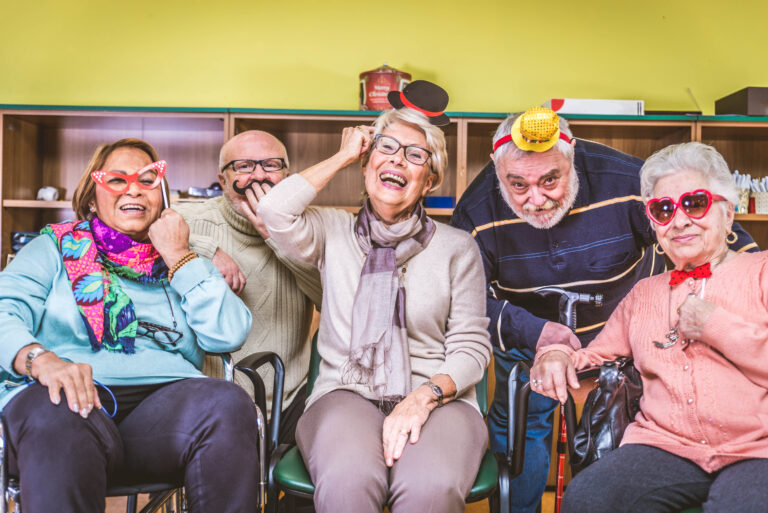


In Florida, senior care facilities and services are regulated by the Florida Agency for Health Care Administration (AHCA), which oversees different license types based on the level of care provided. These licenses ensure that care providers meet specific state regulations to deliver safe and appropriate services for seniors. Below is an overview of the primary Florida senior care license types:
A Standard License is issued to Assisted Living Facilities (ALFs) that provide care to seniors who are independent or semi-independent but may need help with daily living activities (ADLs) such as bathing, dressing, meal preparation, and medication reminders. These facilities are for individuals who do not require constant medical care but need some assistance in maintaining their independence.
A Limited Nursing Services (LNS) license is for Assisted Living Facilities (ALFs) that offer basic medical care in addition to personal care services. These facilities can provide certain nursing services, like administering medications, managing basic medical needs, and offering limited nursing supervision.
An Extended Congregate Care (ECC) license allows an Assisted Living Facility (ALF) to provide a higher level of care, including the ability to assist with more complex medical needs. Facilities with this license can offer both personal care and limited medical services, making them suitable for residents who require more attention but do not need full-time nursing care or skilled nursing.
The Comprehensive Personal Care Home (CPCH) license is designed for facilities that provide a more personalized level of care to seniors who need assistance with most or all of their daily living activities, but not the extensive medical care provided in a skilled nursing home. These facilities are usually smaller and more home-like, providing care in a setting that is less institutional.
A Skilled Nursing Facility (SNF) is a licensed healthcare facility for individuals who require constant medical supervision and care. Unlike assisted living, these facilities provide 24/7 skilled nursing services, including care for chronic conditions, rehabilitation services, and post-surgical recovery.
Hospice care provides specialized care for individuals who are terminally ill and are in need of end-of-life care. Hospice care can be delivered in the home, hospice facility, or in a skilled nursing facility.
Florida has a variety of senior care license types that reflect the different levels of care needed by older adults. From basic personal care in an assisted living facility (Standard License) to 24/7 skilled medical care in a skilled nursing facility (SNF License), these licenses help ensure that facilities provide the right care for individuals based on their unique needs. Limited Nursing Services (LNS) and Extended Congregate Care (ECC) licenses are designed for facilities that offer more comprehensive support for seniors with higher care needs, while hospice care and memory care licenses provide specialized services for individuals at different stages of their health journey.
Understanding the differences between these license types helps families choose the right level of care for their loved ones, ensuring that the appropriate support and resources are available for each individual’s situation.
